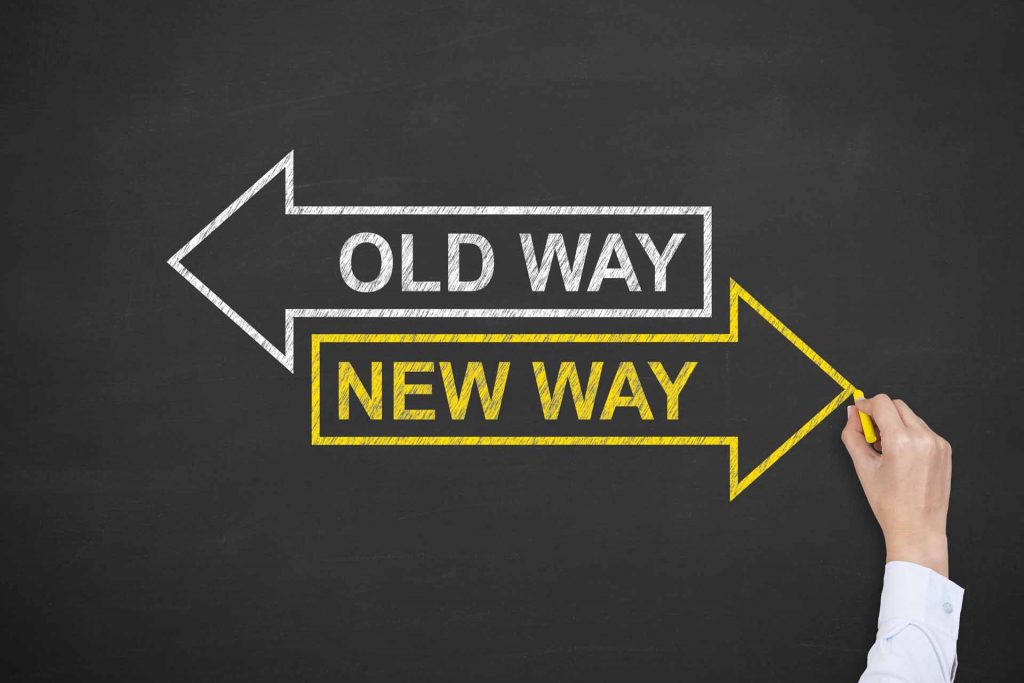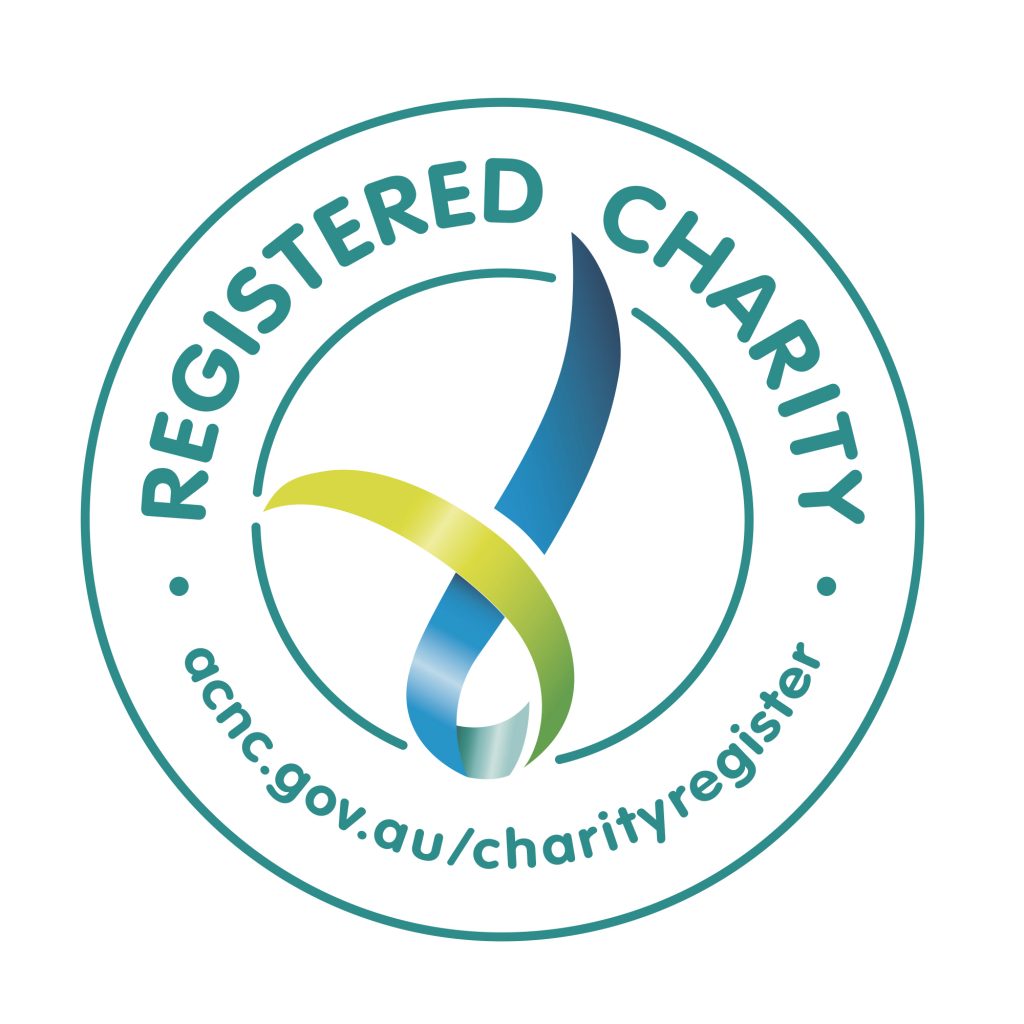by Zenaida Dunlop
During the pandemic, Christian churches have done their best to ensure our ecclesial life goes on as close to normal as is possible. Liturgies/services are live streamed and small groups meet online for prayer or Bible study. Some have added a few extra online meetings, or started new initiatives in their communities, in response to the social needs created by the pandemic.
As the weeks of lockdowns wear on, and on, and on, it seems we have become more discontent, more ready to be critical of the ‘stupid’ people who flout the restrictions, thereby not “doing the right thing” by others. Politicians, trying to do an impossible job in an unpredictable situation, have become targets of mockery or anger. Here in Melbourne we have “dictator Dan” Andrews. I have seen Sydney’s Gladys Berejiklian mocked by a pastiche of cuts from various speeches that portray her as leader of the 4th Reich. We Orthodox complain because we cannot participate in the Eucharist, as usual.
We might try to reassure ourselves that we’re all right, and that many other people are having an extra tough time of it. Parents having to supervise their children’s schooling, as well as trying to work from home. People in crowded housing situations that don’t allow privacy. Families in domestic violence situations made worse by closer proximity. People with drug and alcohol addictions. Homeless people. Mentally ill people. People who have lost their jobs, or businesses. The list goes on.
Still, it feels like the pandemic has become a big dark cloud, looming over us, casting its shadow, perhaps oppressing us, leading us to feel trapped, anxious, depressed, or simply sick and tired of lockdown. Our lives seem to be in a holding pattern; many of us waiting until life gets back to “normal” when the pandemic is “over.” However, as new viral strains develop and talk of yearly booster vaccinations starts, perhaps some of us are entertaining thoughts that it will never be over, that life will never be normal again…
As I consider all this, I begin to wonder if I want life to go back to “normal”… Was normal really that good? What is normal? I wonder what would happen if, in this time when my “doing” is limited, I take time to work on the transformation of my “being,” on beginning to become the new creation that the Lord Jesus Christ made possible… What if I was bold enough to envision a new “normal”; one which is scriptural, traditional, and creative?
What if, when I am sick of lockdown, I take seriously the injunction of St James: “My brothers and sisters, whenever you face trials of any kind [including pandemics?], consider it nothing but joy” (James 1:2)? Nothing but joy. Pure joy… Sheer joy… Joy with nothing else added. Nothing. Not a whisper of discontent, not a complaint, not a resigned sigh. Not a negative thought. Why would I?
…because you know that the testing of your faith produces endurance; and let endurance have its full effect, so that you may be mature and complete, lacking in nothing. (James 1:4)
Well, I have to endure lockdowns and the pandemic anyway, so…
Perhaps today I am feeling anxious because things are beyond my control. St Paul’s words come to mind.
Rejoice in the Lord always; again I will say, rejoice. Let your gentleness be known to everyone. The Lord is near. Do not worry about anything, but in everything by prayer and supplication with thanksgiving let your requests be made known to God. And the peace of God, which surpasses all understanding, will guard your hearts and your minds in Christ Jesus. (Philippians 4:4-7)
Rejoice always. Be gentle. Not worry about anything? God’s peace. That would be good…
If I am practising Orthodoxy, I will receive regular encouragement to change my behaviour, through ascetic practices such as fasting and almsgiving. These are good and helpful. However, they are not enough. The Lord asks more of me than just outward behavioural change. Not only am I not to commit adultery, I’m not to look at someone lustfully. Not only am I not to murder, I’m not to get angry with, or insult a brother or sister. Not only am I not to hate my enemies, I am to love them and pray for them. My inner self needs to change too, to be transformed. How can this happen?
A friend mentions The Philokalia, and I begin to read. It contains writings belonging to a rich vein of Orthodox teaching that is much neglected today, or, if remembered, is often considered to be the province of monastics, and not of people like me, living in the world. There is teaching about watchfulness, or attentiveness to my thoughts. It seems to me that I cannot do anything to start to change my inner self, if I am not aware of what I am thinking! How can I deal with my anxiety, my anger, if I don’t even recognise those thoughts within me?
I share what I am reading with another friend, brought up in the Orthodox Church. She is surprised. “But that’s really difficult, isn’t it?” Yet I find that there are teachings in it for beginners like me, as well as for those more advanced. I wonder if it has fallen out of favour because it is difficult to do, more than because it is difficult to read. The writings reflect the Lord’s teachings that require me to give up my very self, to be a living sacrifice, to have the mind of Christ. I read that this will require much effort on my part, to learn to be constantly aware of my thoughts, and to be constantly calling on the Lord to help me to give up my self-centred thinking. Without the Lord I can do nothing.
So, what would happen were I to take up this challenge? What if I were to work hard on the changing of my mind, my heart, my life? What if every Christian were also working hard on such changes? I wonder what normal church life would look like then… Would we then be waiting for life to get back to “normal”? Or would we already be living life in a new normal, the shadow of the pandemic dissipated by the glory of the Lord?
For a number of years, Mrs Zenaida Dunlop worked as a medical doctor. She is a trained theologian and an Orthodox Christian living in Melbourne.
8 September 2021 © AIOCS
AIOCS LTD is a not-for-profit charitable organisation that promotes the study of Orthodox Christianity, Eastern and Oriental, in Australia
For donations, please go to https://www.paypal.com/paypalme/aiocsnet or contact us at info@aiocs.net


